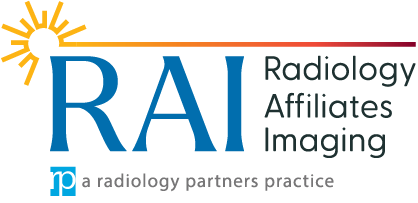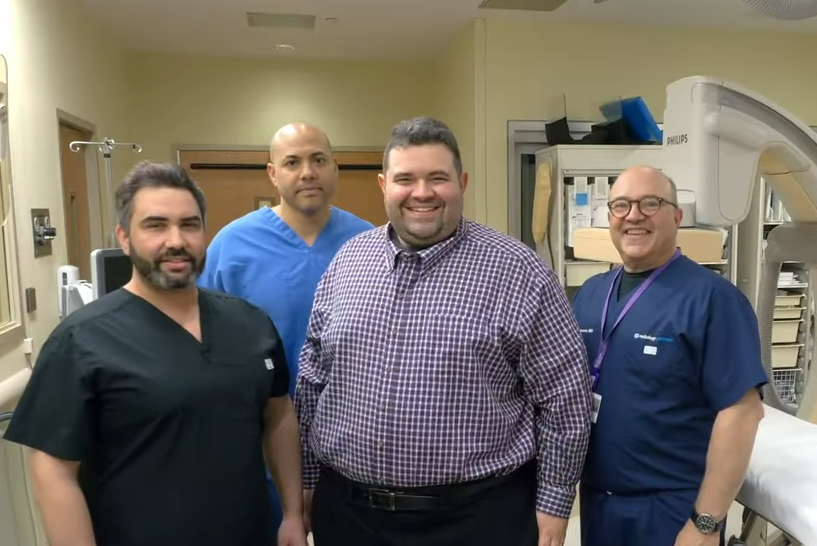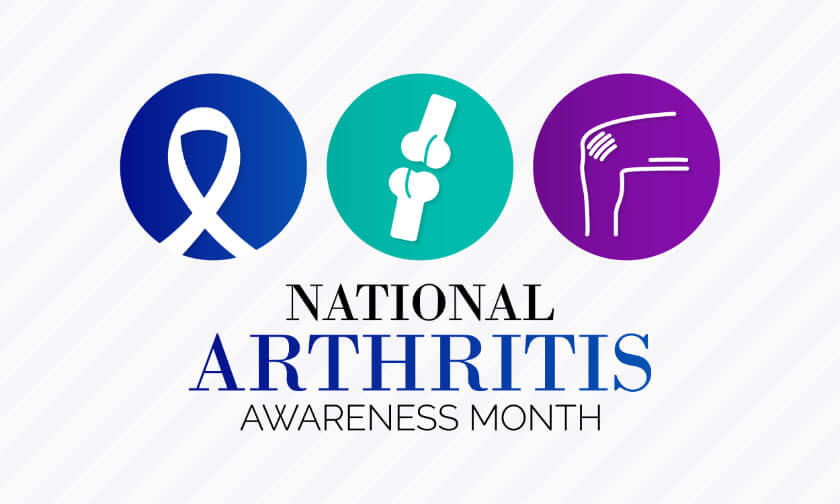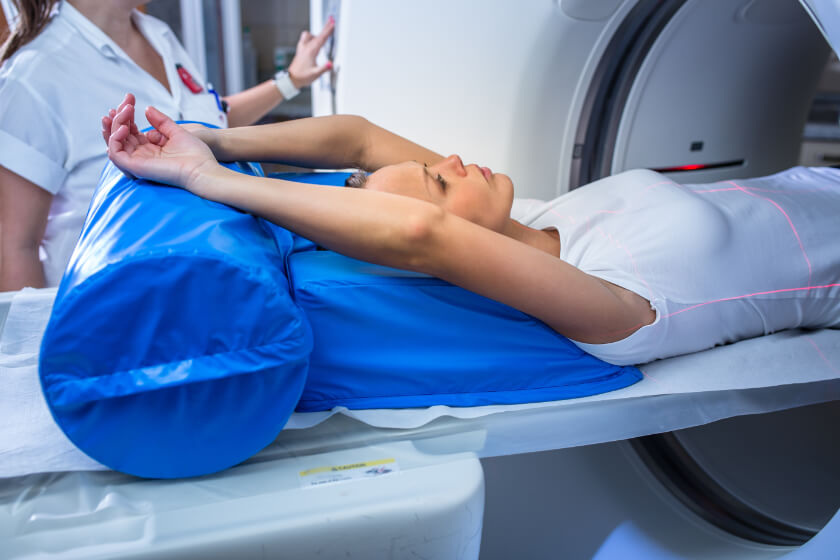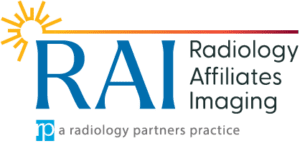What is calcium scoring and how is a calcium score determined?
Calcium scoring is a diagnostic imaging system that uses CT (computed tomography) scans of the coronary arteries to detect the presence of calcified plaque, a substance that builds up inside the artery walls and hardens, making it difficult for oxygen-rich blood to reach the heart. This buildup of calcified plaque in artery walls is called atherosclerosis, or “hardening” of the arteries. When calcified plaques occur in the coronary arteries, the condition is called coronary artery disease, or CAD, which is a leading cause of heart attack and death. During calcium scoring, the amount of calcium in the coronary arteries is measured and a score is obtained that can help determine an individual’s risk for heart attack or heart disease.
How is calcium scoring used?
Calcium scoring is primarily used for people with specific risk factors for heart attack and heart disease who are considered to have an “intermediate” risk for having a heart attack in the next decade – that is, about a 10 percent to 20 percent chance or slightly more. The test is more likely to be ordered in men or women with some of the following risk factors:
- over age 55
- high cholesterol or hyperlipidemia
- high blood pressure
- smoking habit
- family history of heart disease or heart attack
- family history of high blood pressure
- obesity
- sedentary lifestyle
The test can be especially important in determining the cause of unexplained chest pain.
What is the procedure like?
Before the exam, you’ll need to remove any jewelry or metal objects including eyeglasses, and you may be asked to put on a hospital gown. Once the exam begins, you’ll lie flat on the CT exam table and sticky electrodes will be adhered to your chest. The electrodes will be attached to an electrocardiograph (ECG) machine which will be used to monitor your heart’s electrical signals during the CT scan so images can be made between contractions or “beats.” During the scan, the CT table will move you slowly through the CT scanning machine, often making several passes to obtain an entire clear series of images. You’ll be asked to hold your breath at certain points in the scan to move the lungs up and out of the way while images are being made. Most scans take less than 15 minutes.
Once the scanning procedure is complete, you can resume your regular activities. The images will be analyzed by the CT scanner software to assess the number of plaques, their density and their distribution so a final calcium score can be determined. The final score will be used by your doctor to assess your heart attack risk and recommend treatment and lifestyle changes when needed. Calcium scoring is a fast and painless method of determining a person’s risk for heart attack and heart disease.
Will my insurance cover the cost?
Most often the answer is no. Some insurance companies may cover the test as long as you have a doctor’s referral and preauthorization. It is best that you check with your individual insurance plan before scheduling the exam. We are proud to offer this exam for the everyday price of $99.
Eliminating Anxiety with Visual Therapy
We understand that the thought of having to undergo an examination can be stressful and build up unwanted anxiety. At Radiology Affiliates Imaging, our goal is to make every visit comfortable and relaxing for all of our patients so we’ve incorporated visual therapy and nature imagery at both of our imaging facilities. The ceilings of our CT and MRI suites resemble the skies of spring, transforming the rooms into spaces of natural beauty and freshness. The idea of nature imagery, a form of visual therapy, helps you relax during imaging procedures. The minute you enter our suite, you will feel at ease and therefore eliminate anxiety.
Weekend CT Appointments: Available at all locations.
Available Locations
Preparation Instructions
-
-
- No caffeine or smoking 4 hours prior to exam.
- Bring your prescription.
- Payment is due at time of service as this is not service covered by most insurance carriers.
- Bring all previous imaging/radiology studies and reports (that were not done at RAI) relating to your current study.
-
